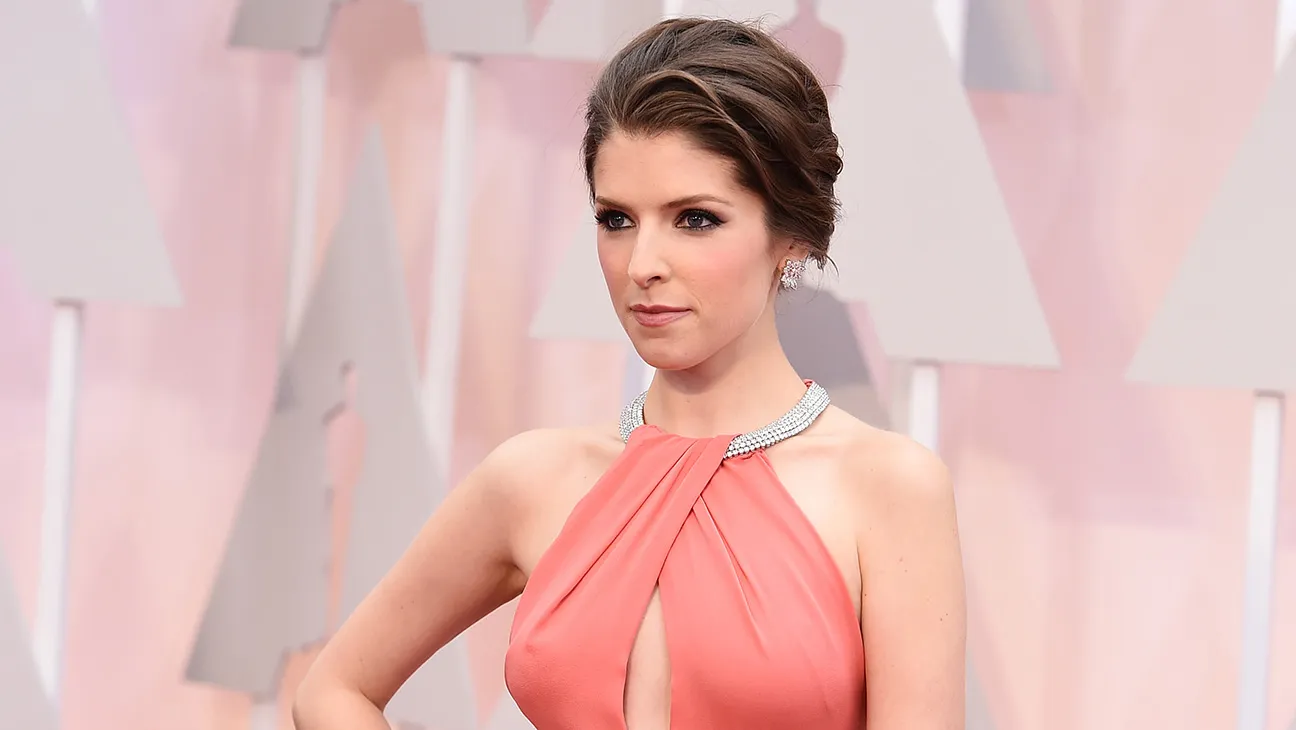In an era where personal privacy and digital vulnerability are increasingly blurred, the incident known as Anna Kendrick The Fappening stands as both a reminder of the internet’s darker side and an emblem of resilience. During that time, Anna Kendrick’s experience highlighted how easily public figures could be drawn into such controversies. While Kendrick was among the celebrities whose names surfaced during that infamous hack, she remained one of the few who explicitly clarified that no intimate photos of her were leaked. Still, her inclusion in the lists circulating online speaks volumes about the invasive nature of such incidents and how easily reputations can be jeopardized in the digital sphere.
“The Fappening,” a term that refers to the mass leak of private celebrity materials in 2014, forever changed the way society thinks about digital privacy and consent. It exposed a disturbing undercurrent of entitlement among internet users who treated stolen images as public property. For Kendrick, who has navigated Hollywood with sharp humor and grounded intelligence, the scandal was less about scandalizing and more about confronting an industry—and an audience—that often forgets the boundaries of personal autonomy.
The Cultural Impact of “The Fappening”
When “The Fappening” occurred, it forced a global reckoning with the ethics of the digital age. Celebrities like Jennifer Lawrence, Kate Upton, and others were directly affected, their most private moments stolen and distributed in an online frenzy. Though Anna Kendrick’s actual privacy was not violated in that way, her name’s inclusion in media lists connected her to the event and forced her—and many others—to discuss what it meant for women in the public eye.
Kendrick’s response was sharp and self‑aware. Rather than falling into the trap of outrage that would have fed online gossip cycles, she pivoted toward highlighting the absurdity of the invasion. This reaction revealed not only her characteristic wit but also her understanding of the media ecosystem that monetizes scandal at the expense of humanity. Her composure during the chaos of “The Fappening” showed how modern celebrities must navigate public perception while fiercely guarding personal agency.
This episode became a springboard for broader discussions about cybersecurity, celebrity culture, and gender inequality. Women bore the brunt of society’s voyeurism, and Kendrick’s measured but meaningful commentary added depth to those conversations.
Celebrity Privacy in a Networked World
In analyzing why events like “The Fappening” became cultural touchstones, we must consider the mechanics of the internet. Cloud services, often seen as convenient storage tools, became vulnerabilities when hackers targeted them. Many victims trusted platforms to protect their most personal information—only to learn that even the most advanced encryption methods can be breached through social engineering or poor security practices.
Kendrick’s inclusion in conversations around “The Fappening” underscored how celebrity names can be co‑opted by viral events. Even without compromising photos, association alone could distort public narratives. She exemplified how to reclaim agency in such moments—not by denial or silence, but through ownership of her public image.
This dynamic ties into larger themes about digital consent. The incident made it clear that once something is uploaded—even privately—it enters a sphere of potential exposure. For celebrities like Kendrick, the stakes are exponentially higher; every detail becomes public currency. Yet, her attitude reflects a broader message: privacy isn’t a luxury for the famous—it’s a right for everyone.
Media Ethics and the Female Gaze
Media outlets that circulated “The Fappening” images justified their actions under the guise of public curiosity. In truth, these violations were acts of exploitation. For Anna Kendrick, who’s long been outspoken about gender dynamics in Hollywood, this resonated deeply. She has often challenged the expectation that women performers must conform to hyper‑sexualized standards, and her stance during the fallout of “The Fappening” reinforced her advocacy for autonomy and dignity.
The scandal illuminated how women’s bodies are still viewed as commodities, existing at the intersection of media consumption and misogyny. By refusing to sensationalize her own involvement, Kendrick helped redirect conversation toward accountability—questioning not only the hackers who initiated the leaks but also the audiences that fueled the demand. Her approach aligned with the growing feminist discourse that criticized society’s complicity in digital exploitation.
Resilience and Reputation in Hollywood
Anna Kendrick’s career weathered the peripheral storm of “The Fappening” without damage—a testament to her authenticity and adaptability. Unlike some of her peers who faced lasting media fixation, Kendrick’s refusal to engage in public outrage allowed her to maintain control over her narrative. Her humor became a defense mechanism, transforming what could have been a moment of vulnerability into a commentary on online absurdity.
This strategy mirrors the broader evolution of celebrity management in the digital era. In the pre‑internet age, public images were mediated by agents and studios; today, social media gives artists direct communication channels with fans. Kendrick’s tweets and interviews following “The Fappening” demonstrated how self‑representation can neutralize scandal—humor, transparency, and self‑awareness remain powerful tools against rumor and invasion.
The Broader Implications
Beyond the immediate impact, the legacy of “The Fappening” forced governments, tech companies, and legal institutions to reevaluate privacy legislation. Enhanced cybersecurity protocols, greater user awareness, and stronger anti‑revenge‑porn laws emerged from the fallout. Kendrick’s experience contributed indirectly to these shifts by keeping public dialogue focused on ethics over entertainment.
Moreover, for everyday users—not just celebrities—her response provided a model for navigating digital risk with dignity. The lesson is clear: privacy breaches affect real people with emotions, families, and professional reputations. Treating these violations as gossip dehumanizes the victims and undermines collective online safety.
A Moral Turning Point for the Internet
The “Fappening” marked a turning point in how society perceives online privacy, especially regarding women in entertainment. Anna Kendrick’s experience during that period illustrates how public figures can embody grace and resilience in the face of collective intrusion. She turned what might have been a degrading association into an opportunity for dialogue about consent, responsibility, and technological ethics.
Her story continues to resonate because it encapsulates the tension between celebrity culture and human dignity. As technology advances faster than ethical norms, her example encourages individuals and media alike to rethink what access and entitlement mean in a connected world.
Conclusion: From Scandal to Awareness
Anna Kendrick’s brush with “The Fappening” serves as a compelling study of how individuals can transform moments of vulnerability into catalysts for social progress. Her composure and insight reframed the conversation from scandal to structural critique—prompting discussions on privacy, cyber‑ethics, and the moral obligations of audiences.
In a culture that thrives on exposure, Kendrick’s stance remains instructive: the fight for digital privacy is not about shielding celebrities; it’s about defending human boundaries in a world that often forgets them. As the internet evolves, the lessons drawn from Anna Kendrick The Fappening continue to challenge both creators and consumers to build a more responsible, empathetic digital future.





